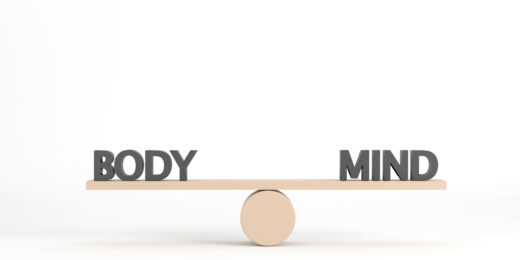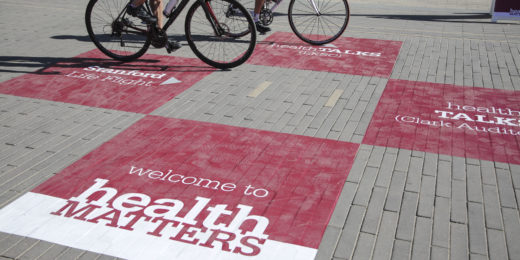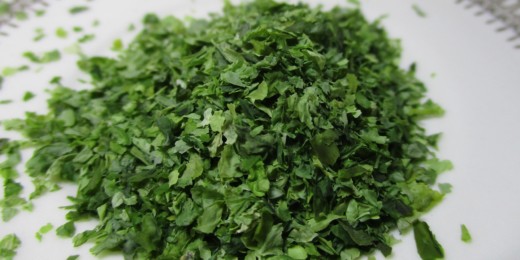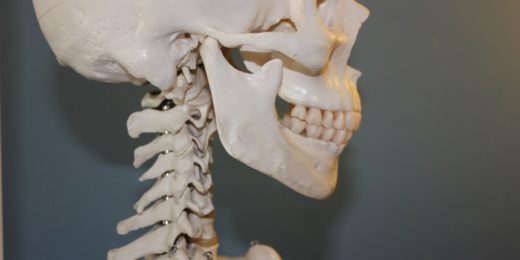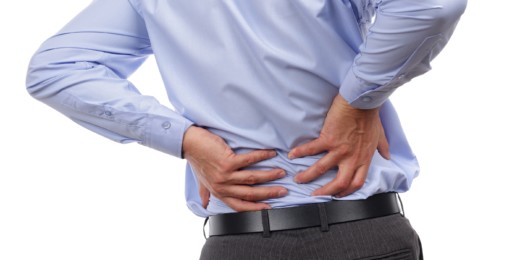Stanford researchers developed a wearable device to measure how much cortisol people produce in their sweat. Cortisol is critical to many physiological processes.
Category: Wellness
Tips for doctors and parents on the harms of marijuana use for teens
How should physicians and parents communicate with teens about marijuana use? Stanford adolescent medicine expert Seth Ammerman, MD, offers advice.
Stanford study shows role of physician burnout in medical errors
A new study examined the role of physician burnout in medical errors.
Citizen science research investigates neighborhoods’ effects on well-being
Researchers engaged citizen scientists to take photos and collect other data to investigate how neighborhoods can affect health.
Reflections from a pioneer of preventative health care
At 91, Jack Farquhar reflects on the growth of the field of preventative health, his longevity, the importance of community and more.
Mind this: Research reveals the power of the mind
New Stanford research is clarifying the powerful role played by the mind in pain, health, social settings, education and more.
Health Matters, Stanford Medicine’s free community day, is back
At a free event on May 19, Stanford faculty and researchers will present the latest medical breakthroughs and give talks on ways to improve everyday health and wellness.
Family food rules can significantly improve teens’ independent food choices
Household guidelines and rules related to food help teenagers eat healthier away from home, new Stanford research suggests.
Diet can be used to adjust microbiome composition, new study suggests
The composition of the microbiome can be adjusted by pairing bacterial species with their favorite foods, a new Stanford Medicine study suggests.
Causes of physician burnout and way to address it
The president of the Association of American Medical Colleges details factors that contribute to physician burnout and broad cultural changes that can help.
U.S. doctors saddled with four times the amount of note taking as foreign counterparts
Regulatory reform could reduce the bloated documentation requirements facing American physicians and help to reduce rising levels of burnout.
On memoirs, social media and what it means to be human
Social media, unlike memoirs, can problematically create an image of a sanitized, perfect existence that is removed from real lives, Jacqueline Genovese writes.
The epidemic of undersized jaws according to Paul Ehrlich
In a new book, Paul Ehrlich lays out the claim that modern life has been harmful to smaller jaws, which he says leads to problems ranging from heart disease to sleep apnea.
Keeping fit fights off genetic risk for heart disease, Stanford study finds
In one of the largest observational studies on fitness and heart disease, researchers examined found that people with higher levels of grip strength, physical activity and cardiorespiratory fitness had reduced risks of heart attacks and stroke.
Spinal health and back pain: Straightening out facts from fictions
What can be done to treat and prevent back pain? And how does our mental/emotional health affect our spinal health? Esther Gokhale, a spinal health educator and author, weighs in.
Stress hormone rise at night leads to weight gain
Immature fat cells grow up if stress hormones rise at night. A new study explains the molecular underpinnings of why people gain weight due to chronic stress, disrupted circadian rhythms and treatment with glucocorticoid drugs.







